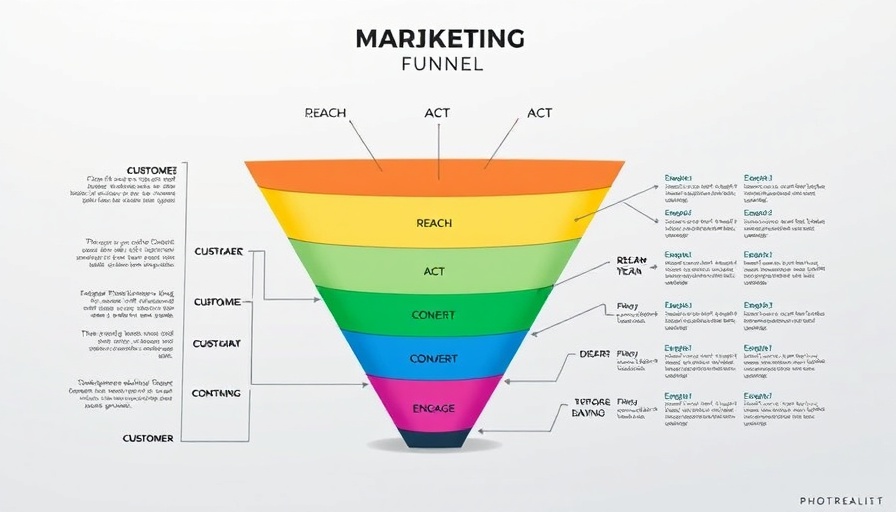
Unlocking Marketing Success with Standard Operating Procedures (SOPs)
In today’s fast-paced digital landscape, organizations are increasingly looking for effective methods to streamline their marketing processes. One solution that has been gaining traction is the implementation of Standard Operating Procedures (SOPs). Although more commonly associated with technical processes—especially in B2B and e-commerce—SOPs offer a myriad of benefits for any marketing team, ensuring consistency and efficiency in a field characterized by rapid changes and diverse strategies.
Understanding the Role of SOPs in Marketing
At its core, a Marketing SOP is a document that outlines the specific steps for executing marketing activities. These guidelines act as a detailed roadmap, ensuring team members understand what needs to be done and how to do it efficiently. When SOPs are utilized, they lead to improved consistency and a solid alignment with overall marketing strategy and objectives.
The potential of SOPs extends beyond just consistent execution; they also facilitate the onboarding of new team members, acting as comprehensive training manuals that demystify complex processes. By providing clear instructions on tasks, from social media management to campaign analysis, SOPs help teams minimize errors, save time, and enhance overall project quality.
Why SOPs are Particularly Suited for Digital Marketing
The digital marketing environment involves a plethora of activities that require precision, such as managing campaigns across various channels, analyzing results, and adapting strategies. Therefore, implementing SOPs can be a game-changer for maintaining quality control and ensuring that the marketing team can respond swiftly to new trends and developments. For instance, organizations can leverage Generative AI tools like ChatGPT to generate standardized processes, particularly for content creation tasks, which is essential in today's content-driven market.
Key Components of Effective Marketing SOPs
Creating SOPs that truly benefit a marketing department entails including several critical components:
- Title and Purpose: Clearly define what the SOP intends to achieve.
- Scope: Outline the specific areas the SOP will cover.
- Procedures: List detailed step-by-step instructions, utilizing best practices and templates when possible.
- Responsibilities: Clearly define who is responsible for each task within the SOP.
This structure not only enhances understanding but also serves as a quick reference guide for team members.
Overcoming Challenges in SOP Implementation
Despite the undeniable benefits, creating and maintaining SOPs often presents challenges. Some team members may resist new procedures, fearing it stifles creativity. To mitigate this, engaging the entire team in the development process can enhance buy-in while ensuring that everyone feels valued in creating the optimal workflow. Additionally, keeping SOPs dynamic is critical; regular reviews are essential to ensure they remain relevant with changing marketing trends and company strategies.
The Future of Marketing with SOPs
The push for SOPs aligns perfectly with the growing emphasis on data-driven decision-making in marketing. As data analytics become more integrated into marketing strategies, SOPs will help standardize processes associated with assessing campaign performance and making informed adjustments, ultimately leading to better results over time.
With digital marketing constantly evolving, embracing SOPs can foster resilience in teams and promote sustained growth through repeatability. Investing in these standardized procedures is not just about following best practices; it’s about positioning your organization to thrive in an increasingly competitive marketplace.
Conclusion: Adopt SOPs to Elevate Your Marketing Strategy
As marketing environments continue to shift, the importance of having a systematic approach through SOPs cannot be understated. They provide an invaluable structure for teams to grow and adapt while maintaining quality and consistency in their marketing efforts. By integrating SOPs into your marketing operations, you're not just enhancing productivity—you're paving the way for your organization to innovate and succeed in the digital age.
 Add Row
Add Row  Add
Add 




Write A Comment